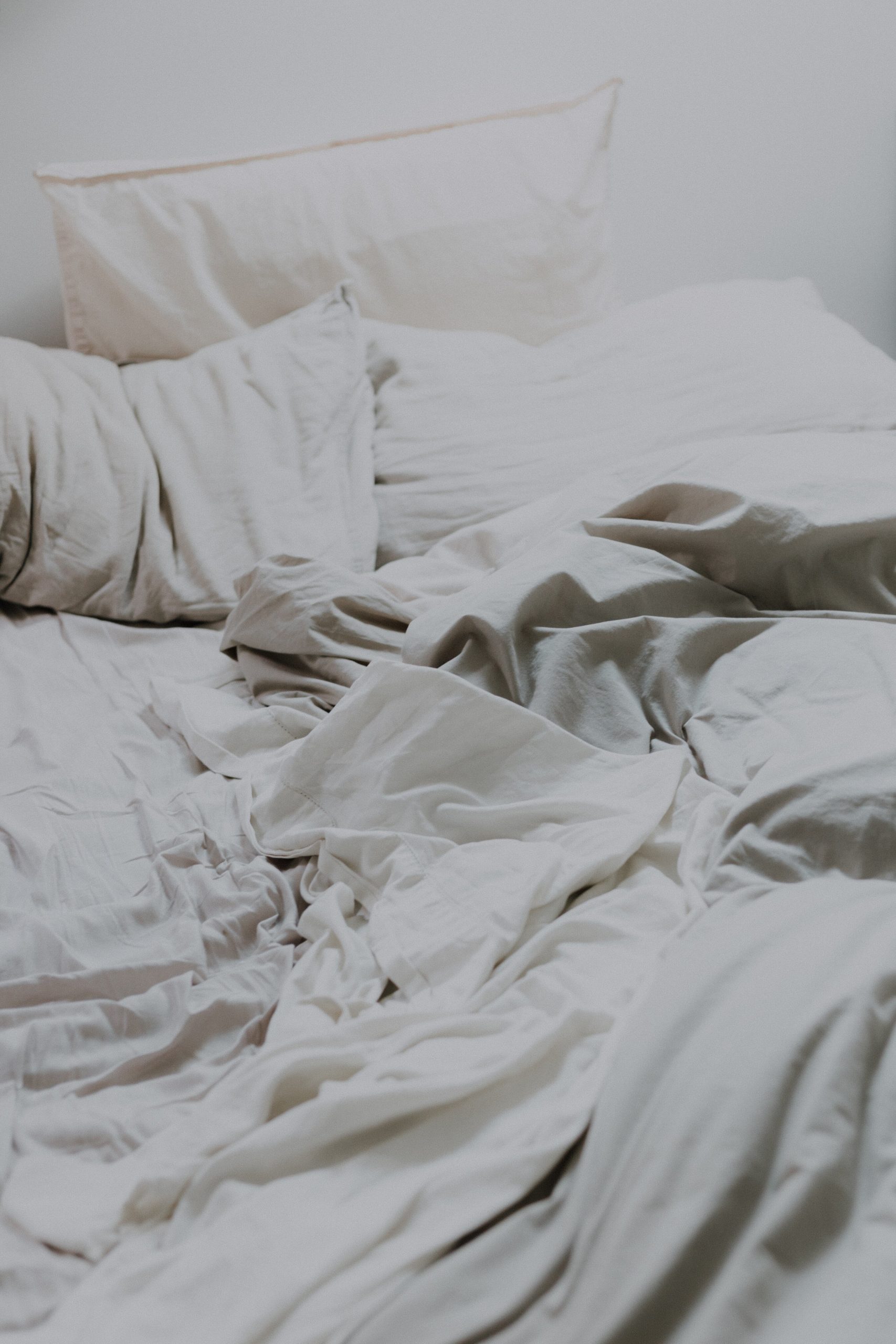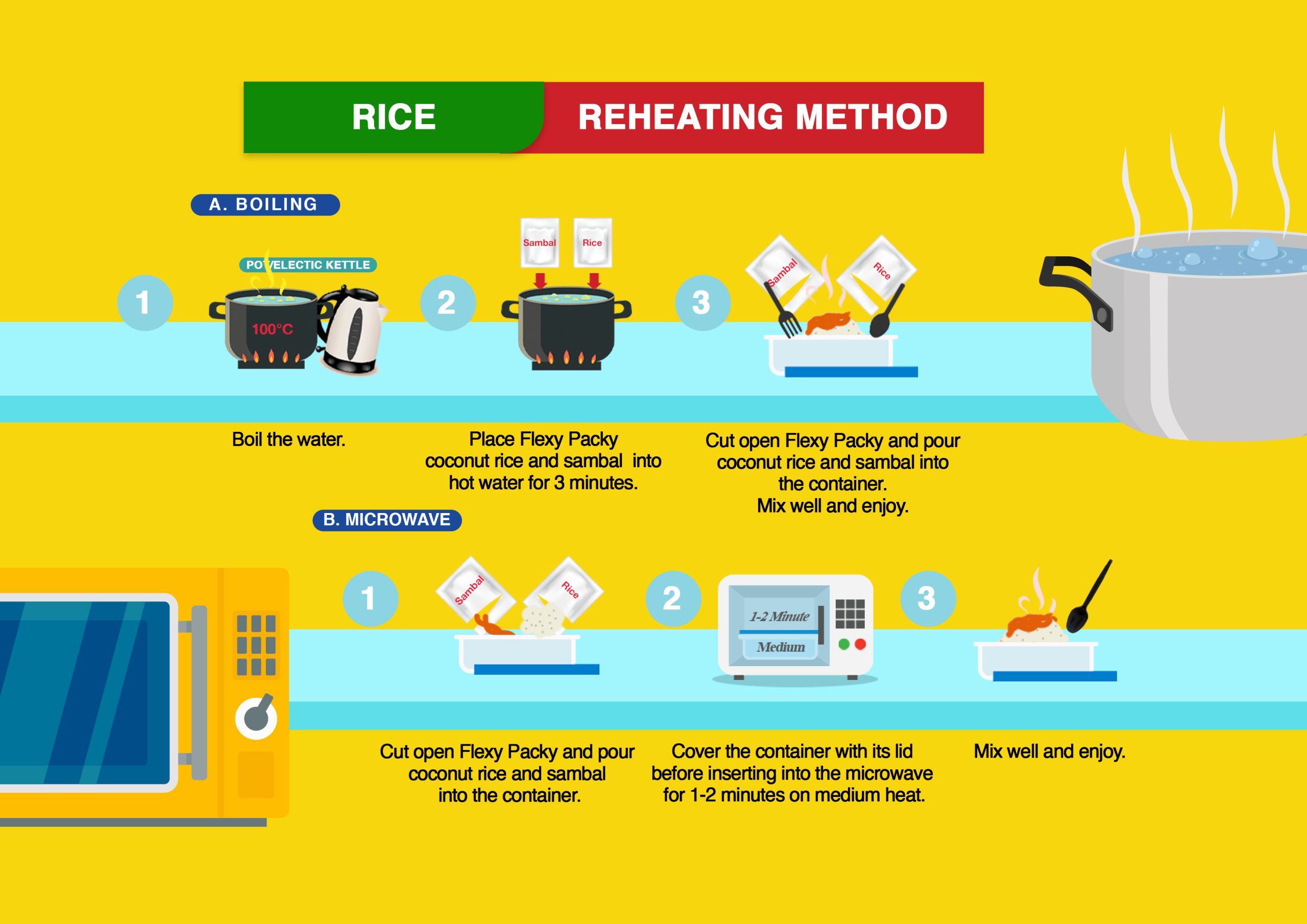Have you ever found yourself feeling groggy and exhausted after a night of tossing and turning? It’s easy to fall into the trap of thinking that a quick nap during the day will make up for lost sleep. But is this really true, or just another myth? In this blog post, we’ll delve into the science behind napping and explore whether it can actually help us feel more rested. So grab a cup of coffee (or take a nap!) and let’s get started debunking this age-old belief.
The Myth: Napping Can Make Up for Lost Sleep
There is a lot of belief out there that napping can make up for lost sleep. But is it really true? According to research, the answer is no. Napping may help you get by for a short period of time, but it won’t cure your sleep problems and it won’t make up for lost sleep. In fact, napping can actually have negative effects on your overall health and wellbeing.
Napping can actually reduce your motivation and energy levels. It also decreases your ability to learn and concentrate, which can lead to poor grades or even job losses. Worse yet, napping can lead to chronic tiredness and increased risk of developing chronic diseases such as diabetes or heart disease. So if you’re looking to improve your sleep quality or cure any sleep problems, don’t rely on napping – seek professional help instead!
The Truth: Napping Can’t Replace Sleep
There are a lot of myths out there about how much sleep we need and how much napping we can do to make up for it. But the truth is, napping can’t replace sleep. In fact, research shows that people who nap typically have worse sleep later on in the day.
Napping can actually hinder your ability to fall asleep and get a good night’s sleep. It takes around 20 minutes for your body to fully relax and fall asleep after you wake up from a nap, which means you’re more likely to have trouble getting back to sleep later on. And if you try to catch up on missed sleep by taking naps throughout the day instead of just one big nap, you’ll only end up feeling even more tired and stressed out.
So if you’re struggling to get enough sleep, don’t try to make up for it with naps – focus on getting enough consistent shut-eye instead.
What happens if you don’t get enough sleep
Every day, we are told to get enough sleep. But what if you don’t? According to some myths, napping can make up for lost sleep and improve your productivity. However, the science says otherwise. Here’s what happens if you don’t get enough sleep:
You’ll feel tired and cranky.
Napping won’t help your memory or concentration.
It will actually worsen your mood and make you more irritable.
Your performance at work will suffer.
In fact, a study published in the journal Nature found that people who napped for fewer than seven hours per day were more likely to have an accident or injury on their job than those who got a good night’s sleep. So if you’re looking for ways to improve your productivity, don’t rely on napping – try getting more sleep instead!
The Risks of Not Getting Enough Sleep
There has been a prevalent myth that people can make up for lost sleep by taking naps. However, there are many risks associated with not getting enough sleep, including increased risk of accidents, obesity and chronic diseases. In fact, research suggests that regularly getting less than six hours of sleep per night is linked to an increased risk of death from all causes.
According to the National Sleep Foundation report “Sleep in America: A Report on How We Love, Let Die”[1], adults who get fewer than five hours of sleep each night are more likely to have an accident or fall asleep at the wheel. Moreover, those who get less than four hours of sleep are three times as likely to be obese compared with those who get seven or more hours of sleep each night. Furthermore, adults who get less than six hours of sleep each night are at an increased risk for developing chronic diseases such as diabetes and heart disease.
The risks associated with not getting enough sleep are clear and serious. Therefore, it is important that everyone gets the amount of sleep they need to function optimally both physically and mentally.
How Much Sleep Is Enough?
In theory, napping should be a great way to make up for lost sleep. After all, when you take a short break, your body can reset and restore energy. But is this really the case?
The truth is that napping isn’t always enough to make up for lost sleep. In fact, research suggests that only about one-third of the time will taking a nap actually help you get the sleep you need. That’s because while napping does help you to feel more rested in the short term, it doesn’t actually improve your overall sleep quality or quantity.
So if you’re struggling to get enough sleep, don’t rely on napping to fix the problem. Instead, try some simple tips like optimizing your bedroom environment and getting 7-8 hours of quality sleep each night.
Conclusion
It’s no secret that sleep is essential for a healthy mind and body, but many people believe that napping can make up for lost sleep. The truth is, however, that napping does not always restore the amount of sleep you need. In fact, research has shown that napping may actually have negative effects on your overall health and wellbeing if done improperly or in excess. So before hitting the hay for the day, make sure to get enough rest – good night!










